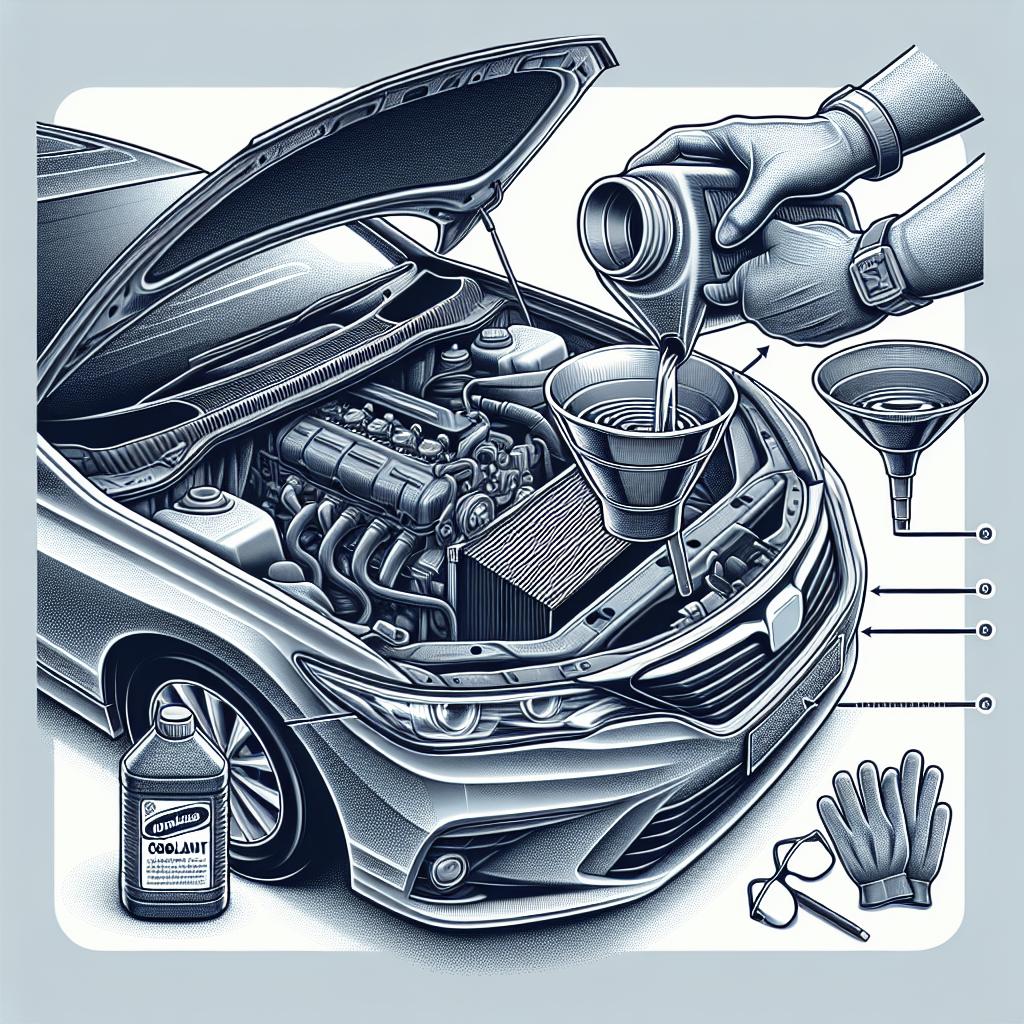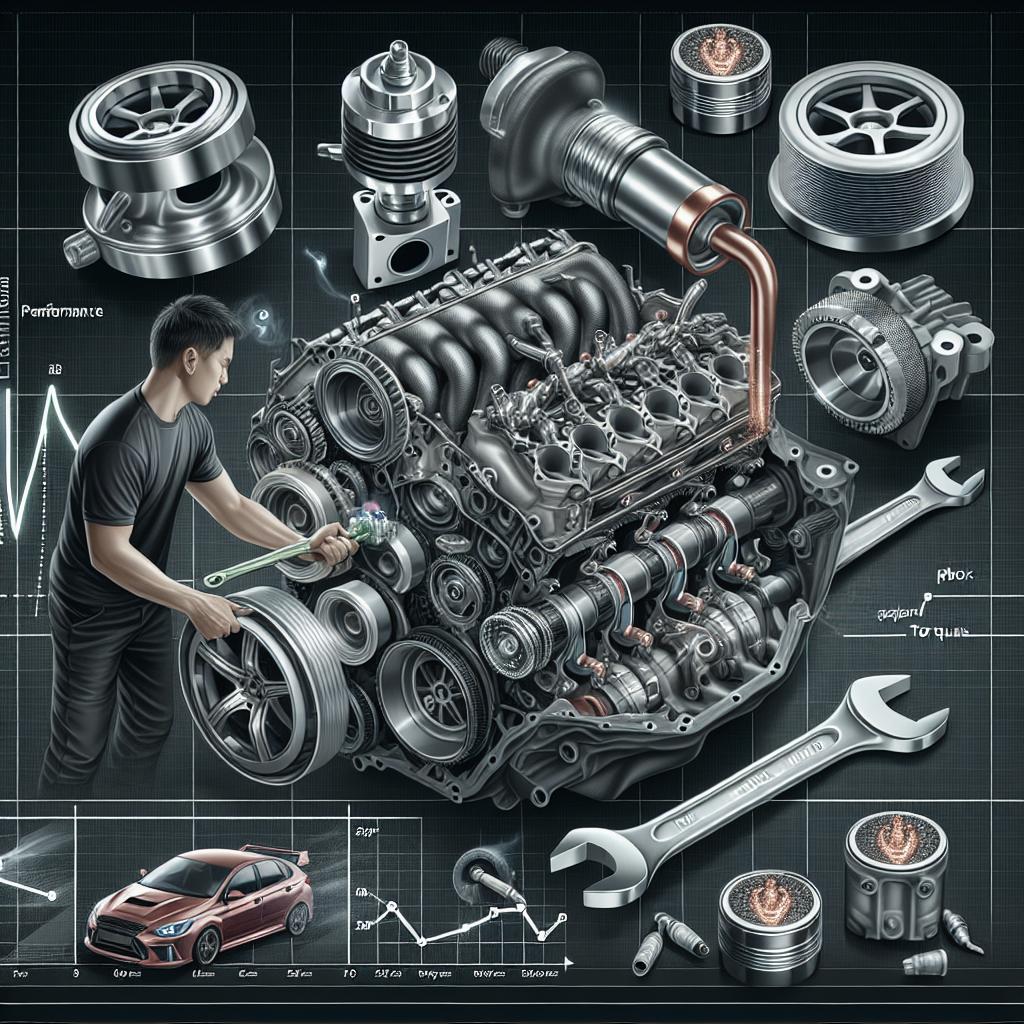“`html
Tips for Maintaining Electric Vehicles
Electric Vehicles (EVs) are becoming increasingly popular for their environmental benefits and cost savings over time. Keeping them in optimal condition is vital for maximizing efficiency and longevity. This article provides essential maintenance tips for EV owners, covering aspects such as battery care, brakes, tire maintenance, fluid inspection, and assistance options. Following these guidelines will help you enjoy a smooth and trouble-free driving experience with your EV, ensuring you get the best out of your investment.
1. Prioritize EV Battery Care
Don’t overcharge your battery.
Overcharging your EV battery can significantly reduce its life expectancy. Most EVs have a built-in system that automatically stops charging when the battery reaches full capacity. However, it’s always wise to monitor the charging process and disconnect the power source once the battery is adequately charged. This practice helps maintain the optimal health of your battery and could prevent unwanted expenses related to early replacements.
Studies have shown that regularly keeping a battery at full charge when it doesn’t need to be can degrade its charging capacity. For daily use, maintaining a charge between 20% and 80% can be more beneficial. Manufacturers recommend this usage pattern to ensure the battery’s longevity and efficiency. Whether using home chargers or public charging stations, adjust the settings according to your driving needs to avoid the trap of overcharging.
Don’t undercharge your battery for extended periods.
Just as overcharging can be detrimental, so can consistently letting your battery drain too low. Keeping your battery above a certain threshold, generally above 20%, can prevent damage and ensure better performance. Lithium-ion batteries, the type most commonly used in EVs, thrive when they’re not completely drained.
On occasions when your vehicle remains idle for an extended period, such as during vacations, try to leave it with a partial charge. This helps in avoiding the battery running flat which can cause it to become unresponsive. Incorporating this practice can play a substantial role in extending the lifespan of your EV’s battery.
Pay attention to where you park.
Parking your EV in extreme temperatures can have adverse effects on the battery. Exposure to excessive heat or cold can compromise battery efficiency and longevity. In the hot summer months, look for shaded or covered parking areas. In the winter, attempts to park in warmer spots could help mitigate potential damage.
If you live in an area with extreme temperatures, consider investing in a temperature-controlled garage or specific battery thermal management systems designed to regulate temperature during charging and discharging. These proactive measures ensure that environmental factors do not interfere with your EV’s battery health.
2. Change the Oil (If Needed)
EVs are known for less frequent maintenance needs compared to traditional vehicles. However, if your electric vehicle is equipped with an on-board generator or an engine in the case of plug-in hybrids, it might still require regular oil changes. Regularly consult your vehicle’s manual to determine if and when oil changes are necessary.
Aside from standard maintenance, use high-quality oil and products specifically designed for the unique requirements of hybrid systems. Replacing oil periodically can help keep the auxiliary parts operating efficiently and contribute towards the overall vehicle’s performance. Make sure to check with qualified service centers for the best options for your specific EV model.
3. Maintain Your Brakes
One of the advantages of EVs is their regenerative braking system, which typically results in less wear and tear on the brakes. Nevertheless, regular inspection and maintenance are recommended for optimal operation. Depending on your driving style and habits, mechanical brake parts may still need attention. Listening for unusual noises or experiencing decreased stopping power often signals the need for inspection.
It is advised to have a professional check your brakes at least once a year. This routine check-up can prevent more critical issues, such as complete brake failure, in the future. Be aware of subtle signs that might indicate that the brakes are due for service, and never disregard brake warning lights on your dashboard.
4. Get Regular Tire Rotations
Tire maintenance, including regular rotations, is vital for any vehicle, and EVs are no exception. Due to EVs’ typically heavier structure, tire wear can be more pronounced if not properly cared for. Rotating tires every 6,000 to 8,000 miles can promote even wear patterns, contributing to a smoother ride and prolonged tire life.
Ensure that your tires are correctly inflated according to your vehicle’s specifications. Properly inflated tires are essential for safety and efficiency, impacting the driving range directly. Consider using low-resistance tires specifically designed for EVs to enhance your vehicle’s performance further, creating a balance between safety, efficiency, and longevity.
5. Inspect/Refill Fluids When Needed
While electric vehicles require fewer fluid refills compared to traditional cars, they still need specific fluid maintenance. This includes checking the windshield washer fluid and brake fluid. Brake fluids in EVs may last longer, but it is still crucial to inspect fluid levels as part of routine maintenance checks.
Another essential fluid that may need attention is coolant, especially if your vehicle has a thermal management system for the battery. Keeping all necessary fluids at optimal levels helps in achieving maximum performance, thus avoiding system failures that can arise from negligence.
Maintain Your EV with Help from Firestone Complete Auto Care
When it comes to maintaining your electric vehicle, a professional service provider like Firestone Complete Auto Care can be incredibly useful. Their expertise in handling diverse vehicle maintenance situations, including those specific to EVs, means you can rely on them for a range of services.
Whether it’s routine checks, advanced diagnostics, or specialized services your EV requires, turning to experts can ensure that your vehicle remains in top condition. They can offer personalized advice and solutions based on your specific model, usage patterns, and unique needs. Utilizing professional services helps you catch potential issues early, preventing them from evolving into more expensive problems.
Lessons Learned
| Key Areas | Maintenance Tips |
|---|---|
| EV Battery Care | Avoid overcharging; Avoid undercharging; Park smartly to avoid extreme temperatures. |
| Oil Changes | Check if necessary for your EV model; Use high-quality oil where applicable. |
| Brake Maintenance | Regular inspections despite reduced wear due to regenerative braking. |
| Tire Maintenance | Conduct regular rotations; Ensure proper inflation; Use low-resistance tires. |
| Fluid Checks | Inspect and refill brake fluid, coolant, and washer fluid regularly. |
| Professional Assistance | Consult experts like Firestone for tailored EV maintenance solutions. |
“`


